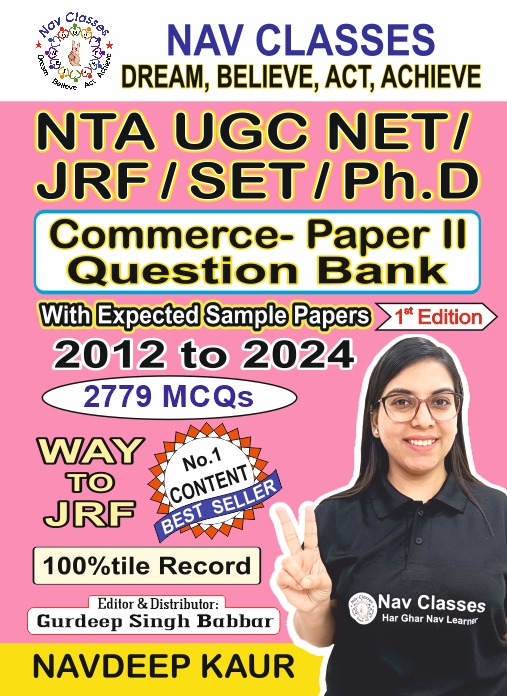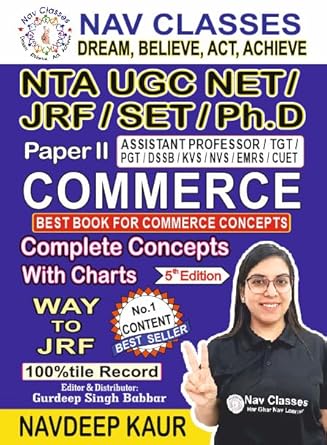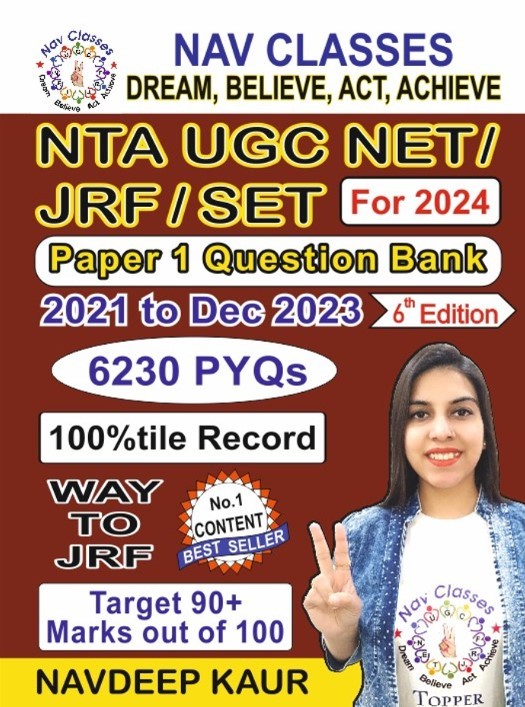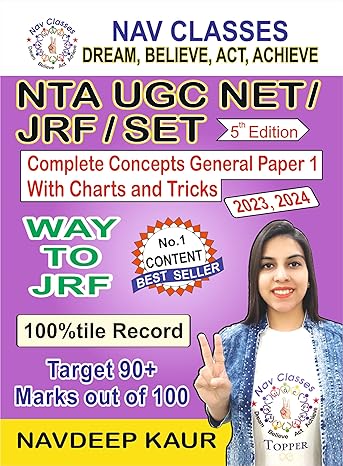1.When was the first Estimates Committee in the post-independence era constituted?
[A] 1949
[B] 1950
[C] 1951
[D] 1952
SHOW ANSWER
Explanation: The first post independence Estimates Committee on the recommendation of John Mathai (the then Finance Minister) was in 1950. Originally, it constituted of 25 members but in 1956 its membership was raised to 30. ©navclasses
2.What was the original strength of Supreme Court of India?
[A] 8
[B] 12
[C] 15
[D] 20
SHOW ANSWER
Explanation: The original strength of the Supreme Court of India was fixed at eight (one chief justice and seven other judges). The Parliament increased this number of other judges progressively to ten in 1956, to thirteen in 1960, to seventeen in 1977, to twenty-five in 1986, to thirty in 2008 and to thirty-three in 2019. ©navclasses
3.Which of the following Article of the Indian Constitution contains provisions regarding curative petition?
[A] Article 128
[B] Article 140
[C] Article 141
[D] Article 142
SHOW ANSWER
Explanation: The Supreme Court came up with the concept of curative petition in the case of Rupa Ashok Hurra Vs. Ashok Hurra, 2002. According to the decision of the Supreme Court of India the curative petition can be appealed in the Supreme Court under Article 142 of the Constitution. ©navclasses
4.Which of the following has the right to seek the opinion of the Supreme Court on the question of law?
[A] Any member of Rajya Sabha
[B] President
[C] Prime Minister
[D] High Court
SHOW ANSWER
Explanation: Under the Article 143(1) of the Constitution of India the Supreme Court has to act as an advisory body to the President of India who can ask for advice on any matter of law or fact of public importance that arises. ©navclasses
5.In which country the concept of Public Interest Litigation originated?
[A] UK
[B] India
[C] Australia
[D] US
SHOW ANSWER
Explanation: The concept of Public Interest Litigation originated in United States of America. Since the 19th century various movements in US contributed to Public Interest law, which was part of the legal aid movement. ©navclasses
6.Which Article of the Indian Constitution contains the provisions of National Emergency?
[A] Article 352
[B] Article 356
[C] Article 360
[D] Article 362
SHOW ANSWER
Explanation: Article 352 has provisions for emergency due to war, external aggression or armed rebellion. This is also known as ‘National Emergency’. However, the Constitution uses the term ‘proclamation of emergency’ to denote an emergency of this type. ©navclasses
7.Which of the following statements is correct for Public Interest Litigation?
[A] It only deals with the rights of the poor
[B] It recognizes that ordinary marketplace for legal services fails to represent everybody
[C] Both of them
[D] None of them
SHOW ANSWER
Explanation: The concept of Public Interest Litigation recognizes the fact that the ordinary marketplace for legal services fails to provide legal representation to significant sections of the population. These usually include the poor, environmentalists, consumers, racial and ethnic minorities, and many others. ©navclasses
8.Which Constitutional Amendment Act extended the provision for tribal welfare minister for the states of Chhattisgarh and Jharkhand?
[A] 91st
[B] 92nd
[C] 93rd
[D] 94th
SHOW ANSWER
Explanation: The 94th Amendment Act of 2006 which freed Bihar from the obligation of having a tribal welfare minister extended the provision to have a tribal welfare minister to the newly formed states of Chhattisgarh and Jharkhand. ©navclasses
9.Which of the following statements are correct with respect to ministers of state?
1. There is no provision in the Constitution for the system of legal responsibility of the minister in the states. 2. Courts are barred from enquiring into the nature of advice rendered by the ministers to the governor. Select the correct option from the codes given below:
[A] Only 1
[B] Only 2
[C] Both 1 & 2
[D] Neither 1 & 2
SHOW ANSWER
Explanation: There is no provision in the Constitution of India for the system of legal responsibility of the minister in the states, as at the Centre. The courts cannot enquire into the nature of advice rendered by the ministers to the governor. ©navclasses
10.Who is authorized to extend the jurisdiction of a High Court?
[A] Parliament
[B] Supreme Court
[C] President
[D] State Legislature
SHOW ANSWER
Explanation: The Parliament of India is authorized to extend the jurisdiction of a high court to any union territory in India or exclude the jurisdiction of a high court from any union territory. ©navclasses






